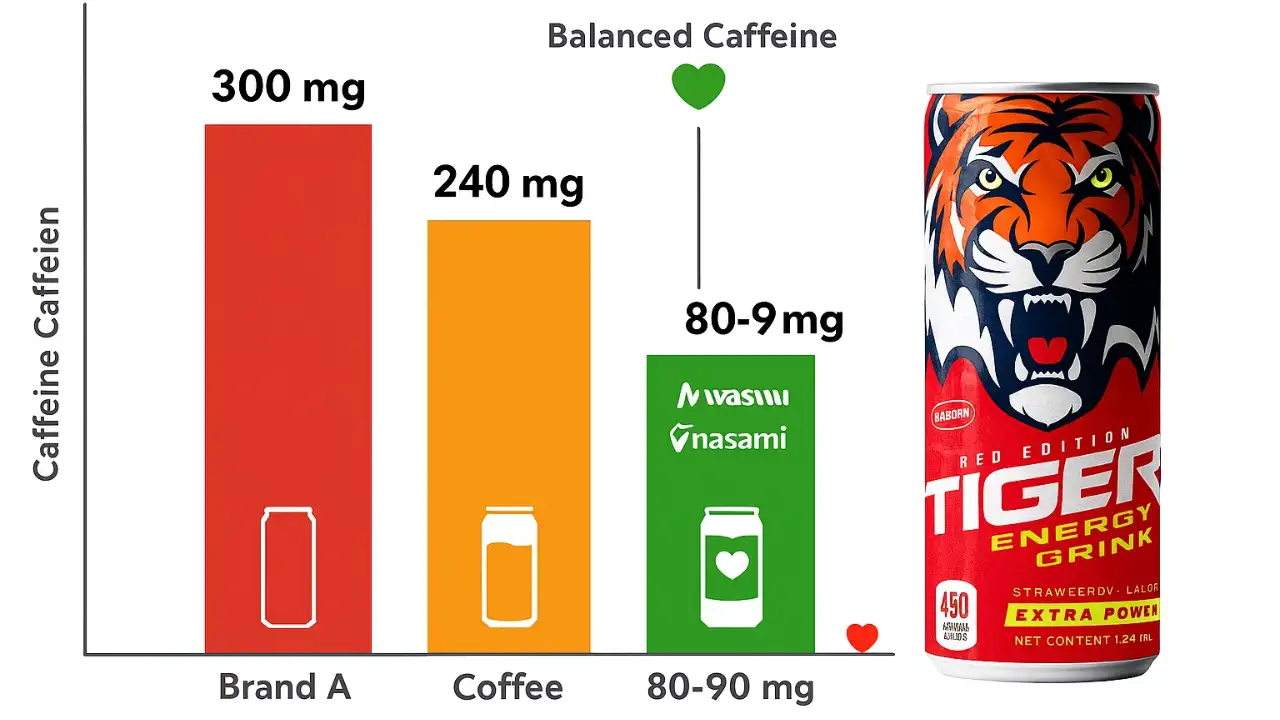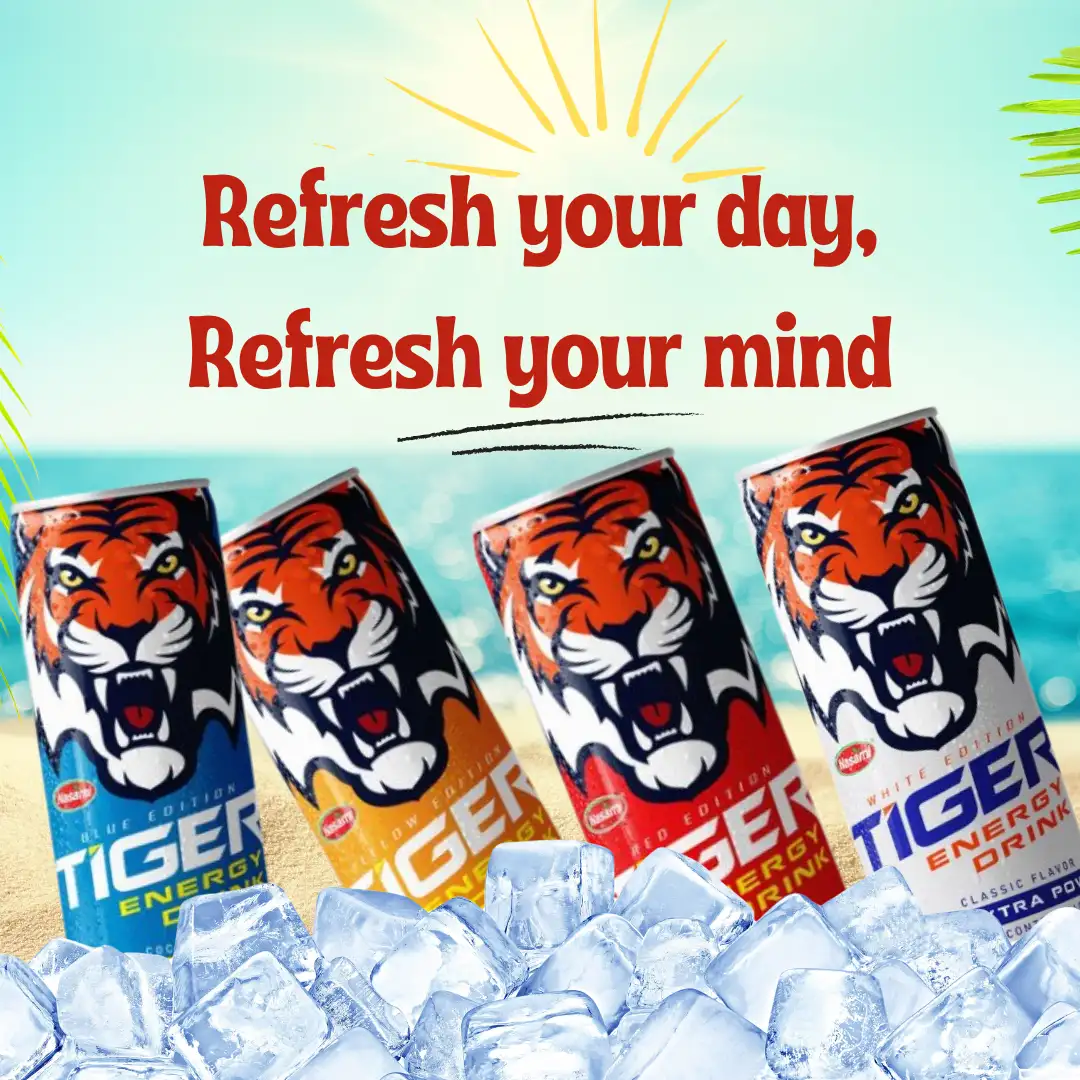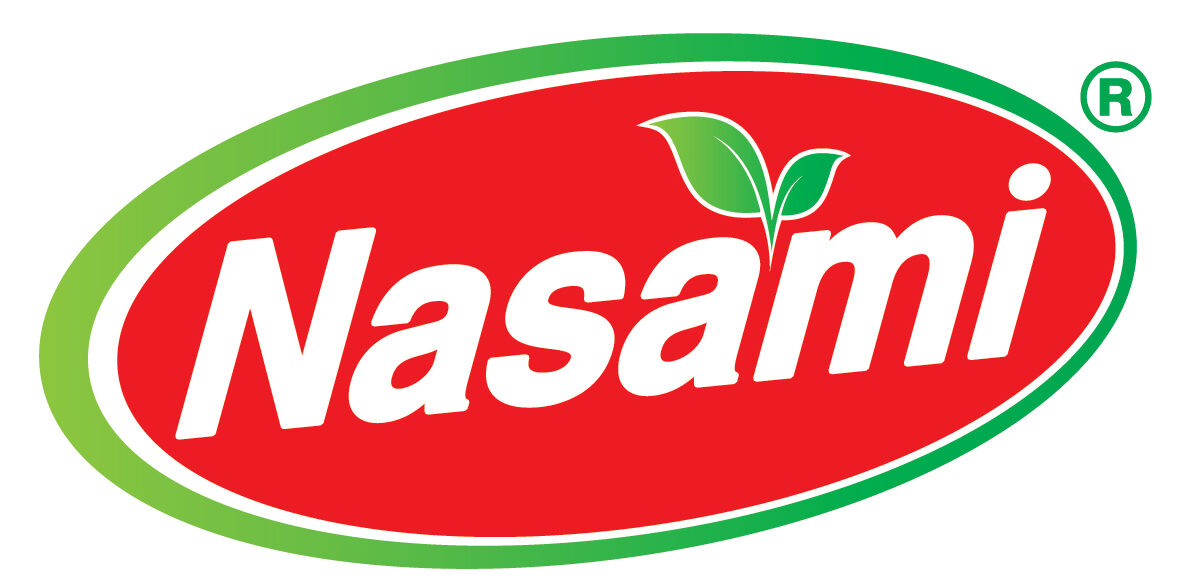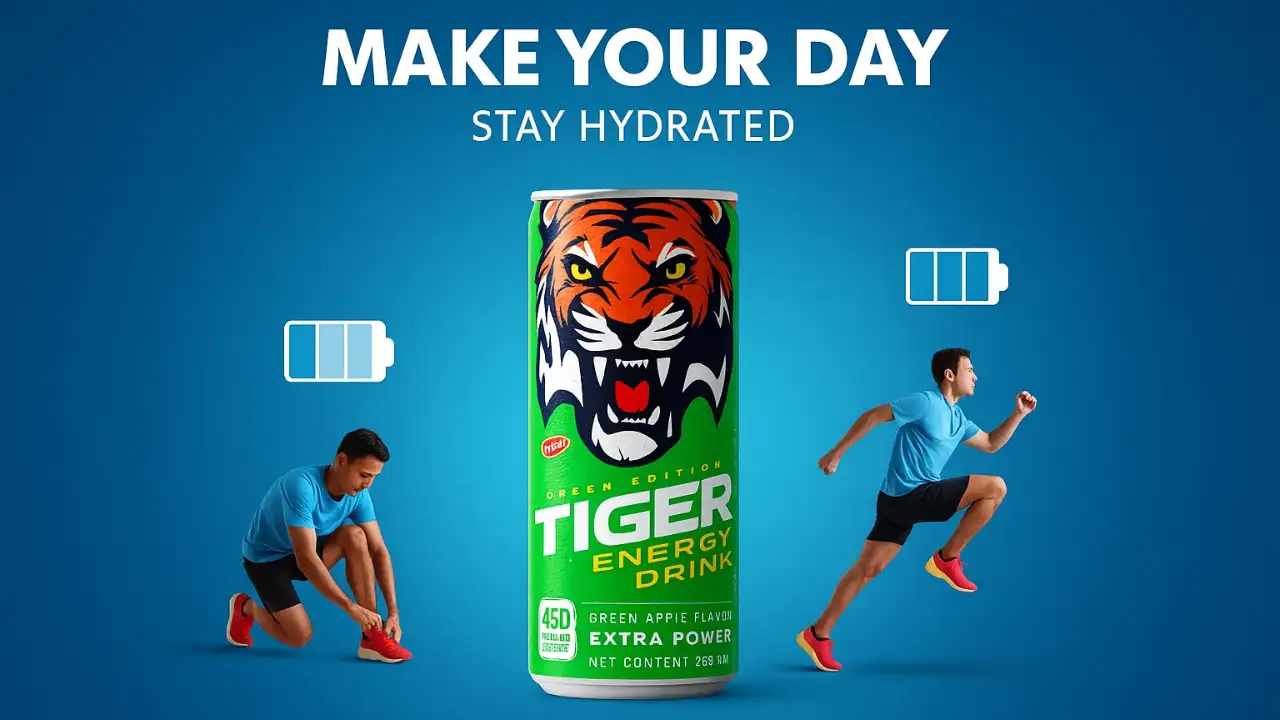Energy drinks have become a staple for students, professionals, and athletes looking for a quick energy boost. But behind the flashy labels and promises of enhanced performance lies a less-publicized truth: the reality of caffeine in energy drinks.
Table of Content
ToggleIn this article, we’ll uncover 7 shocking truths about caffeine in energy drinks, how it impacts your health, and why you should approach these beverages with informed caution. We’ll also introduce Nasami Energy Drink as a smarter alternative for those seeking energy without unnecessary risks.
Caffeine in Energy Drinks Often Exceeds Safe Limits
Most people assume that energy drinks contain about as much caffeine as a cup of coffee. But the truth is, some popular brands pack up to 300 mg of caffeine in a single can, far exceeding the recommended safe limit of 200–250 mg per serving.
This means that a single energy drink may already push you to your daily maximum, and consuming more than one can quickly lead to caffeine overdose symptoms: jitters, increased heart rate, dizziness, and even panic attacks.
Excess caffeine in energy drinks is not always clearly labeled either. Some brands hide caffeine amounts under proprietary blends, making it hard to know exactly what you’re consuming.

Caffeine in Energy Drinks Affects Young People More Severely
Teenagers and young adults are the biggest consumers of energy drinks, often using them to stay up late, study, or enhance athletic performance. However, their bodies are still developing and are more sensitive to the effects of caffeine in energy drinks.
This can lead to increased anxiety, sleep disturbances, and even cardiovascular stress. Several health authorities have issued warnings against energy drink consumption for minors, yet marketing continues to target this vulnerable age group.
If you’re a parent, it’s essential to understand the dangers and monitor your teen’s caffeine intake.
Caffeine Isn’t the Only Problem
It’s easy to focus solely on caffeine in energy drinks, but the bigger picture includes high amounts of sugar, artificial additives, and other stimulants like guarana and taurine.
These compounds can interact with caffeine to magnify its effects, sometimes unpredictably. Combined, they may increase blood pressure, impair insulin sensitivity, and stress the liver. The synergy between ingredients is often overlooked by consumers, but it significantly raises the risk of health complications.
Nasami Energy Drink, in contrast, is carefully formulated with moderate caffeine, plant-based energy sources, and no artificial additives—providing a cleaner, safer way to stay energized.
The Crash Is Worse Than You Think
Energy drinks may give you a rapid energy spike, but what goes up must come down. The inevitable energy crash is one of the hidden dangers of relying on caffeine in energy drinks.
Once the effects wear off, your body may experience a sharp drop in blood sugar and energy levels, leaving you more fatigued and irritable than before. This roller-coaster effect can hurt productivity, focus, and mood—especially when consumed repeatedly throughout the day.
Nasami Energy Drink uses natural sugars and adaptogenic ingredients that help sustain energy without the dramatic crash associated with conventional energy drinks.

Long-Term Use of Caffeine in Energy Drinks May Harm the Heart
Several studies have linked high consumption of caffeine in energy drinks with adverse heart effects, including increased heart rate, elevated blood pressure, and even irregular heartbeat (arrhythmia).
The danger becomes more serious when energy drinks are consumed along with alcohol or during intense physical activity. For those with underlying heart conditions, even a single high-caffeine drink could be risky.
Choosing products like Nasami Energy Drink, which are developed with heart health in mind, can help you avoid these long-term dangers while still staying energized.
Caffeine in Energy Drinks Can Disrupt Sleep Cycles
Caffeine is a stimulant that blocks adenosine receptors in the brain—making you feel awake. But consuming caffeine in energy drinks late in the day can interfere with sleep quality, even if you don’t feel fully alert.
People often underestimate how long caffeine stays in the system (half-life of 5–7 hours). A 3 p.m. energy drink could still affect your body well past bedtime. This leads to sleep deprivation, and ironically, more dependence on caffeine the next day.
To support healthier routines, Nasami Energy Drink offers options with lower caffeine levels and natural calming ingredients like ginseng, making it easier to manage your daily rhythm.
Not All Energy Drinks Are Created Equal
One of the most shocking truths is that not all energy drinks pose the same level of risk. The problem isn’t just caffeine in energy drinks, but how it’s sourced, combined, and marketed.
Many mass-market energy drinks use synthetic caffeine and artificial flavorings, contributing to negative health effects. Others, like Nasami Energy Drink, use naturally sourced caffeine from green tea or guarana, balanced with vitamins, electrolytes, and herbal extracts.
Nasami’s approach to formulation emphasizes both safety and performance—delivering steady, clean energy that supports your lifestyle instead of compromising your health.

Why Choose Nasami Energy Drink?
With growing awareness about the dangers of excessive caffeine in energy drinks, health-conscious consumers are turning to alternatives that prioritize balance, nutrition, and quality. Nasami Energy Drink stands out because:
- It uses natural caffeine sources and moderate dosages
- Contains no synthetic additives or excess sugars
- Includes vitamins and plant-based nutrients to support sustained energy
- Helps reduce crash, irritability, and long-term health risks
Nasami isn’t just an energy drink—it’s a smarter, safer way to fuel your day.
Tips for Safer Energy Consumption
Here are a few guidelines to help you manage caffeine in energy drinks more wisely:
- Read the label carefully – Check for caffeine amounts, other stimulants, and added sugars.
- Limit intake – No more than 200–300 mg of caffeine per day is generally considered safe.
- Avoid mixing with alcohol – This combination can mask intoxication and increase cardiac risk.
- Stay hydrated – Energy drinks can be dehydrating; balance with plenty of water.
- Don’t use them as meal replacements – Energy drinks lack essential nutrients your body needs.
If you’re looking to improve focus and energy without compromising your health, consider switching to balanced, responsibly made drinks like Nasami Energy.
The truth about caffeine in energy drinks is more complex than most marketing suggests. While they can offer short-term stimulation, the long-term consequences of excessive consumption are real and sometimes dangerous.
Consumers deserve to know what they’re putting in their bodies, and thankfully, brands like Nasami Energy Drink are leading the charge in offering safer, more sustainable options.
Choose energy wisely. Choose Nasami.
View more:

